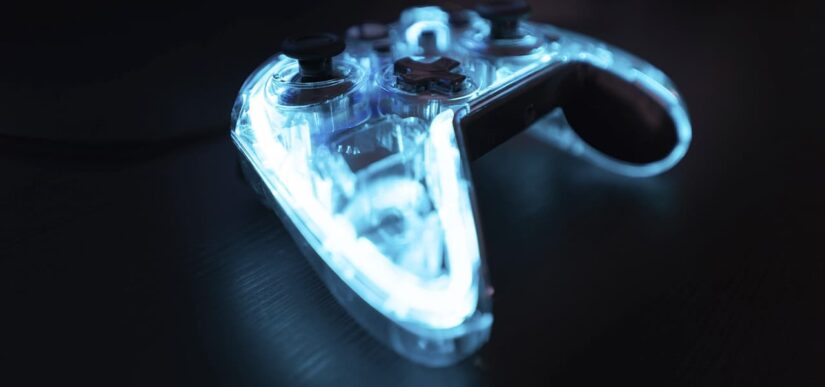From Rags to Riches. How Ubisoft became one of the leaders of the game industry
Today we are going to talk about the history of Ubisoft, a company that has had a great impact on the industry and proved that it can withstand any challenge.
The history of every successful company consists of a series of ups, downs, self-discovery and, in fact, success. Ubisoft is no exception and has seen a lot of things in its life. The company grew from an ordinary video game retailer to a huge corporation with headquarters all over the world.
Foundation Story
The Ubisoft story began in France and was written by five Guimo brothers. In 1986, the company started as a distributor selling games from other studios. Not many people know but the company’s name is not just a beautiful word but an acronym: Union des Bretons Independans combined with the word Soft.
Soon, the current chairman of the company, Yves Guillemot, partnered with Sierra On-Line, Microprose and Electronic Arts. Ubisoft planned to distribute the games of these studios in France, and in the future to cover the U.S., British and German markets. Already by 1993 the company had earned the title of the largest distributor of games in France.
Ubisoft’s first pancake
The company’s first game was 1986’s Zombie, in which players saved four survivors from the walking dead. Gameplay was reduced to finding supplies and gasoline, so that the survivors were able to fly away on a plane that is located on the roof of the mall.
Critics praised Ubisoft’s first attempt quite well. The ZX Spectrum version got 88 points from Sinclair User and Your Sinclair gave it 77. Both publications praised the game for its excellent atmosphere. The Amiga version received 69 points from the German edition of Amiga Joker and 89 from CU Amiga. The Commodore 64 version received less flattering reviews, with Zzap! 64 magazine giving it a 72, calling the gameplay outdated.
At the same time, Ubisoft’s first game development studio didn’t open until 1994 in Montreal. Around 1992, Michel Ansel joined the company and created the mascot of Reiman’s Jubilees. Originally the game was planned for SNES, but finally the first part of the series was released in 1995 for Atari Jaguar. As early as 1996 the studio expanded with a division in Shanghai and an additional office in Montreal.
In 2000 the company began to buy studios whose games became the main Ubisoft series. By the way, the first purchase was Red Storm Entertainment, which owned the rights to the Tom Clancy franchise. By 2003 Ubisoft had grown to 22 units worldwide.
Fighting for independence with EA and Vivendi
A small lyrical digression with another interesting story about Electronic Arts. EA started to buy shares of Ubisoft in 2004 and had almost 20% of the company. At that time Electronic Arts was already famous for its ability to buy and kill studios, and Ubisoft took this gesture very hostile. Fortunately, in 2010 EA decided to change course and sold a 15% stake.
In 2016, the independence of the company was encroached upon by the French media giant Vivendi, which bought a 25% stake in Ubisoft. But this was not the end and on May 27, 2016 the media conglomerate bought the mobile division of the company – Gameloft. At that time, one of the founding brothers Michel Guimo was at the head, who immediately left his post.
The head of Gameloft
Even the most successful studios can make mistakes and Ubisoft is no exception. I’m not talking about stupid financial decisions, but about cheating players. It all started when Watch Dogs was shown at E3 in 2013. Back then, players were shown great graphics and interesting gameplay with shootouts and hacks.
The game’s release was accompanied by great reaction of the players – they were amazed by what they saw. The graphics, gameplay and storyline were frankly bad. The game the gamers received drastically differed from the E3 version in a worse way. It is noteworthy that after this incident, the community lost confidence not only in Ubisoft itself, but also in the other studios.
In 2014, the company made itself known again by releasing Assassin’s Creed: Unity, which even on eighth-generation consoles ran with great difficulty. Fortunately, the company quickly realized that this was wrong, and gave compensation to players who had bought Unity. But the negative experience was left, which lead to the decrease of the company’s shares and the already mentioned situation with Vivendi.
